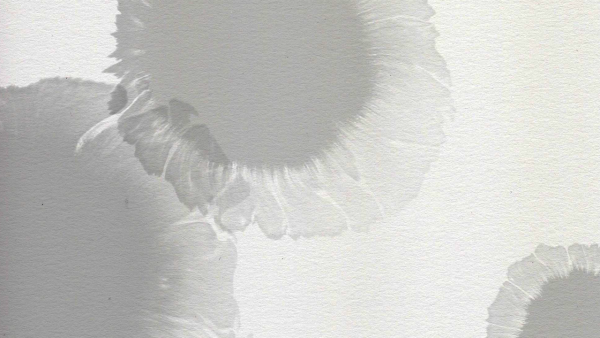
The Inquiry has had to delay its Report
The Chair of the Inquiry, Sir Brian Langstaff, said: “When we completed the last hearings, the question I was most asked was when we would publish. I said it would be late autumn. I have been obliged to recognise that the sheer volume and scale of the material that needs to be explained, the weight of criticisms made of individuals and organisations, and the way we are legally required to deal with them, mean that this is simply not realistic. I wanted, and I know that Inquiry participants wanted, it to be earlier, but I must now say that we expect to publish in March. It would be misleading not to tell you that now, when we are clear that we cannot make this autumn however hard we try.”
The summary of conclusions in the report about compensation included Sir Brian’s judgement: “My conclusion is that wrongs were done at individual, collective and systemic levels. Not only do the infections themselves and their consequences merit compensation, but so too do the wrongs done by the way in which authority responded to what happened.”
The sheer volume of criticisms in the Inquiry Report to detail wrongs done over more than 50 years requires time for warning letters under the Inquiry Rules 2006.
The Infected Blood Inquiry was set up under the Inquiries Act 2005, which is the law which gives the Inquiry its powers to compel witnesses and evidence. The Inquiry Rules 2006 include a requirement that individuals and organisations subject to explicit or significant criticism in an inquiry report must receive warning letters so that any responses can be considered by the Chair before finalising the report. In line with the statement of approach, the Inquiry team is not entering into correspondence concerning the terms of, or amendments to, any criticism or proposed criticism.
Registration will open on 17 January 2024 for the event in March.